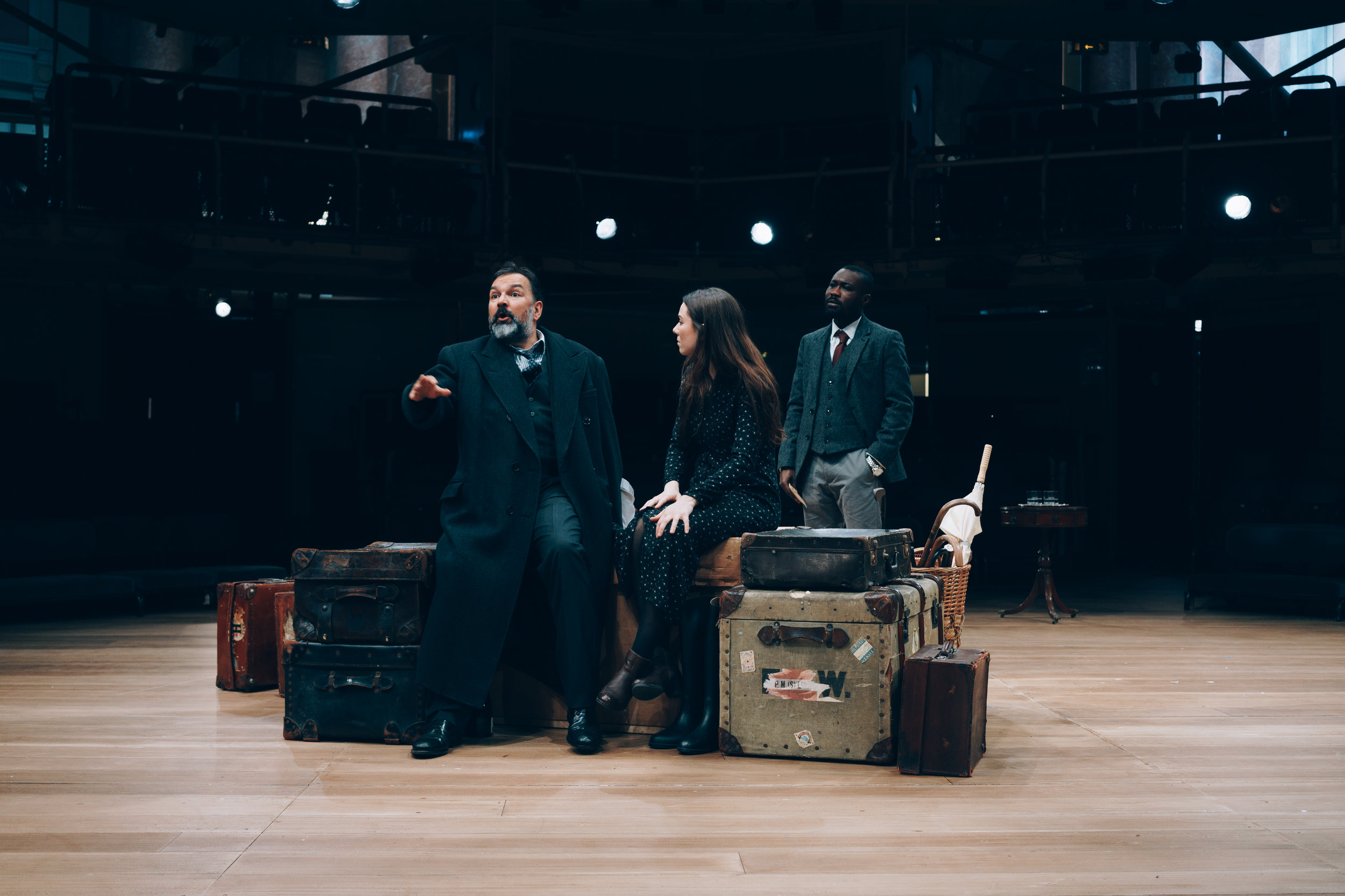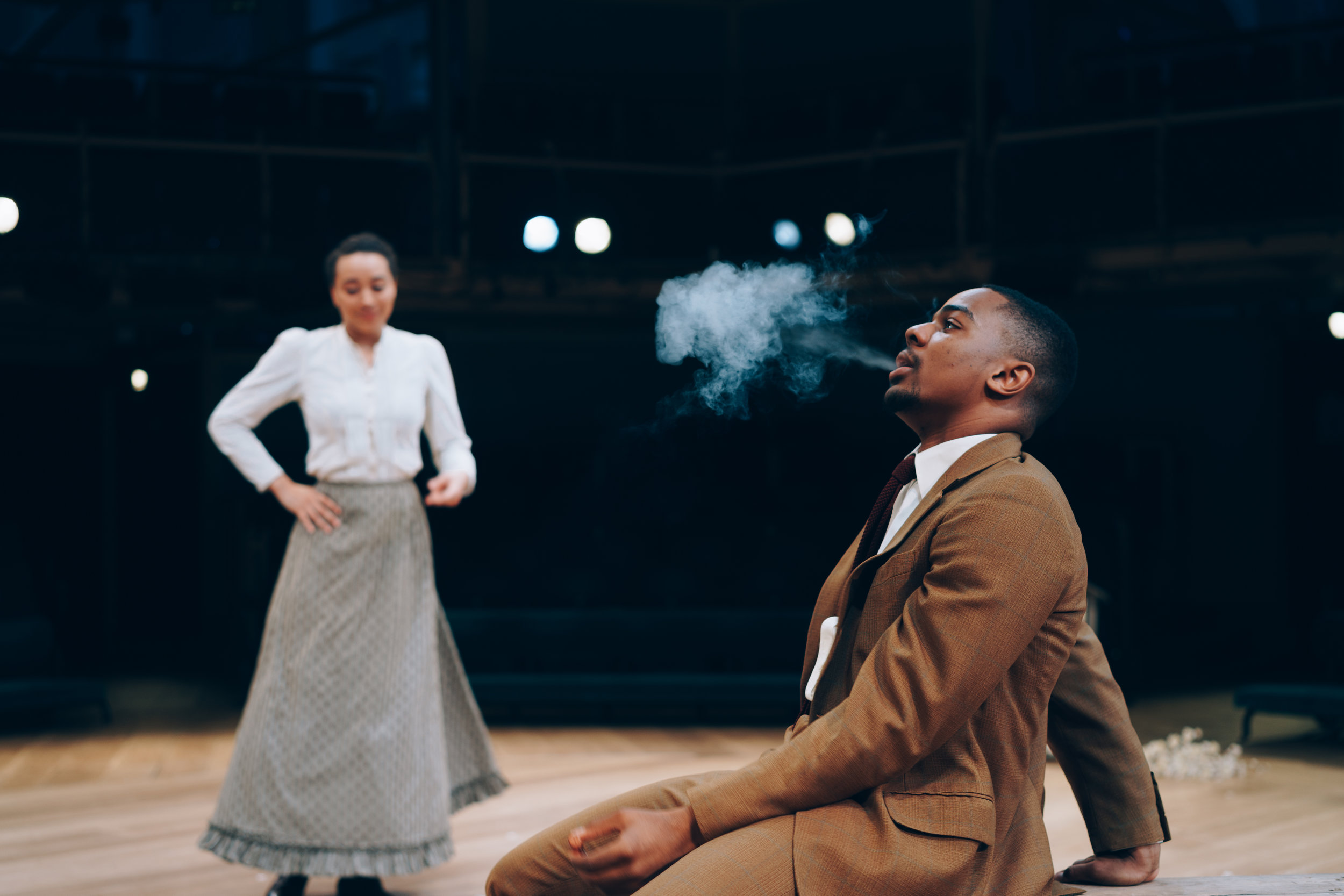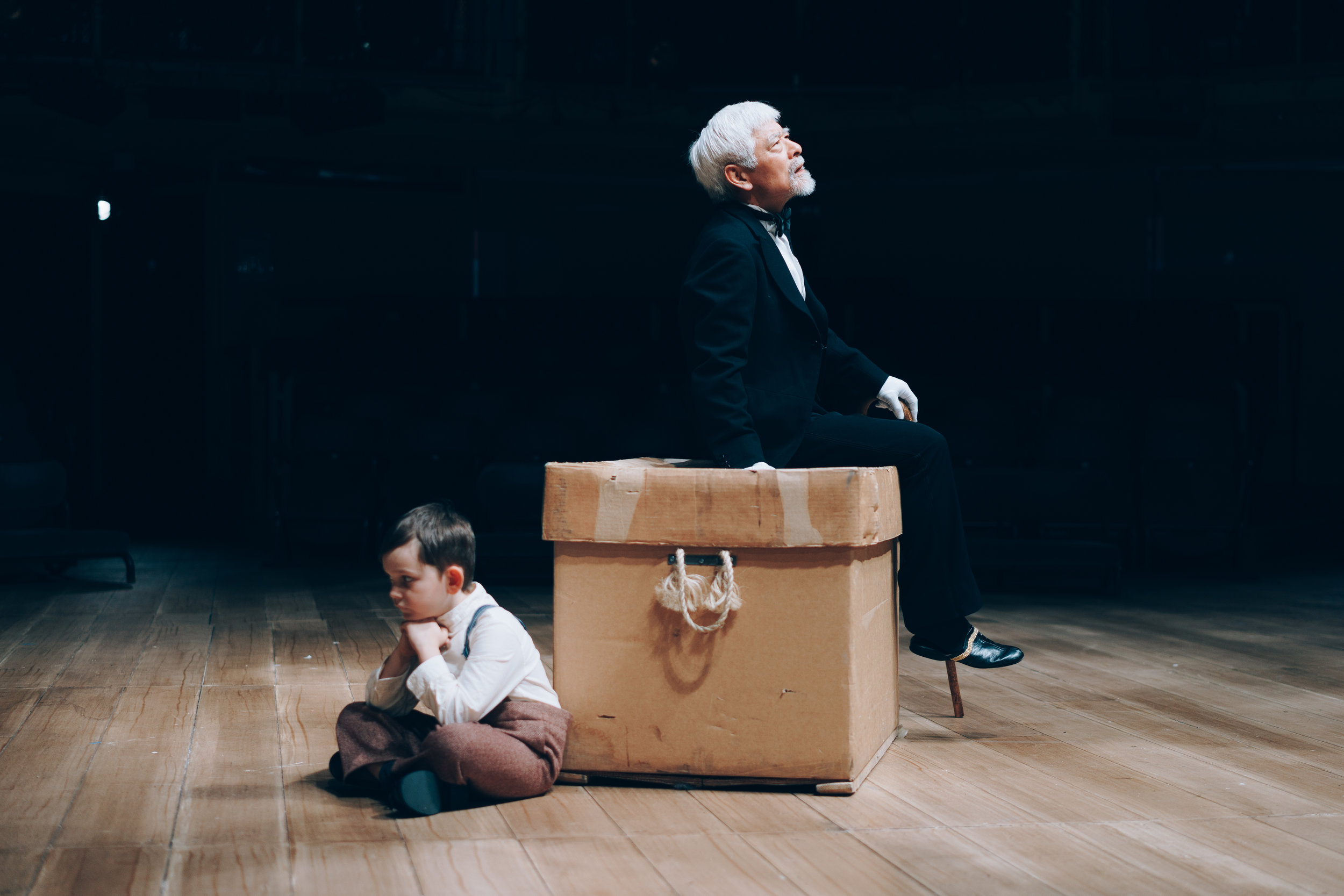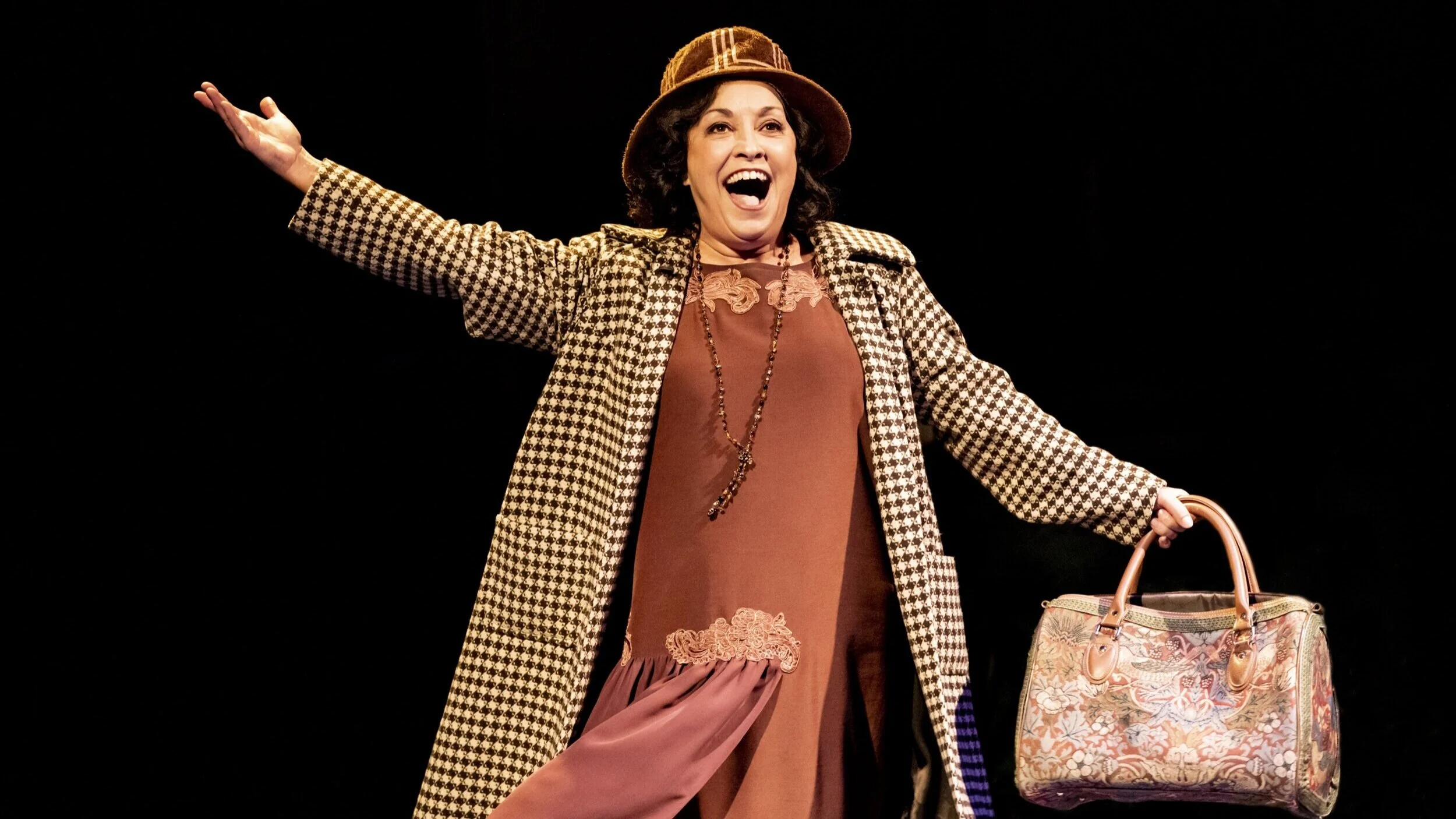The Cherry Orchard: the Slow Surroundings of an Eccentric Matriarch
The entrance of a small, ghostly child, before the house lights go down, marks the opening of this latest production of The Cherry Orchard and suggests that this may not be Chekhov as we know. For the most part, director Michael Boyd holds on to the naturalism that is synonymous with Chekhov’s theatre; however, the minimal set and the silent, symbolic presence of the departed Grisha point to nuances of a more artistic interpretation.
The translated script, courtesy of Rory Mullarkey, stays true to the bluntness of Russian etiquette and the cast do well to render some harsh lines into moments of dry comedy. These moments are some of the show’s brightest, sparking lively audience responses. At other times, the lengthy poetic speeches are delivered somewhat preachingly and feel out of joint with the overarching dialogic style. Unfortunately, this Royal Exchange and Bristol Old Vic production often feels rather like it is going through the motions, battling with a weighty script.
It’s not often that I celebrate the part of a shallow, needy and financially dependent woman, but Kirsty Bushell, in the lead role as the “depraved” eccentric matriarch, Lyubov Andreyevna Ranyevskaya, brings some much-needed energy to the production. She positively bounces off the walls, pacing through her emotional peaks and troughs in such a way that the audience are willingly swept along with her. Bushell’s performance balances some gut-wrenching moments of grief and loss with an overarching state of infectious childish playfulness. Her endless motion, sews the other characters and scenes together, where otherwise they can fall flat.
In the context of bare boards in the round at the Royal Exchange, maintaining a naturalistic style brings with it an unfortunate amount of standing around. With few props or activities to inspire motion, entrances and exits, even lines spoken, often lack motivation. Scenes chop and change, with little room to build to a climax.
Having said that, the second act brings life to the production at large, offering the characters a clear context to embrace. The pace noticeably picks up, with musicians, dancing and heightened emotions across a range of concurrent subplots.
In opposition to her onstage mother, Rosy McEwen delivers a stoic performance as Varya, capturing my attention as a strong female presence. Like Bushell’s, McEwen’s performance is punctuated by some wrenching moments of emotional outpouring, remembering the gravitas of the plot amidst many light and comedic touches.
As an unexpected comedy, Boyd’s play is comprised of distinct variation. Simon Coates, as Leonid, does justice to the dithering uncle and he stands alongside Julius D'Silva as the larger-than-life Boris. Meanwhile, the characters of Charlotta and Semyon are tasked with serving up slapstick physicality. Yet, these characters can’t help but feel out of place, as they lack introduction or development; and Yasha appears to be plucked from another era entirely!
The final scene escapes the neatly-tied closure of "couples pairing off" that period drama so often dictates. Each character is afforded the chance to welcome in a new beginning and each performer reaches the zenith of their characterisation therein. With the pounding sound of axes surrounding the audience and burrowing into our chests, by the end of the play we might just begin to feel part of this Russian family home. Regrettably, it takes too long for this production to slowly reach that goal.
The Cherry Orchard plays at Manchester's Royal Exchange Theatre from 19th April until 19th May. For tickets and more information about the show, visit the Royal Exchange website.
Photo credit: Liam Bennett








